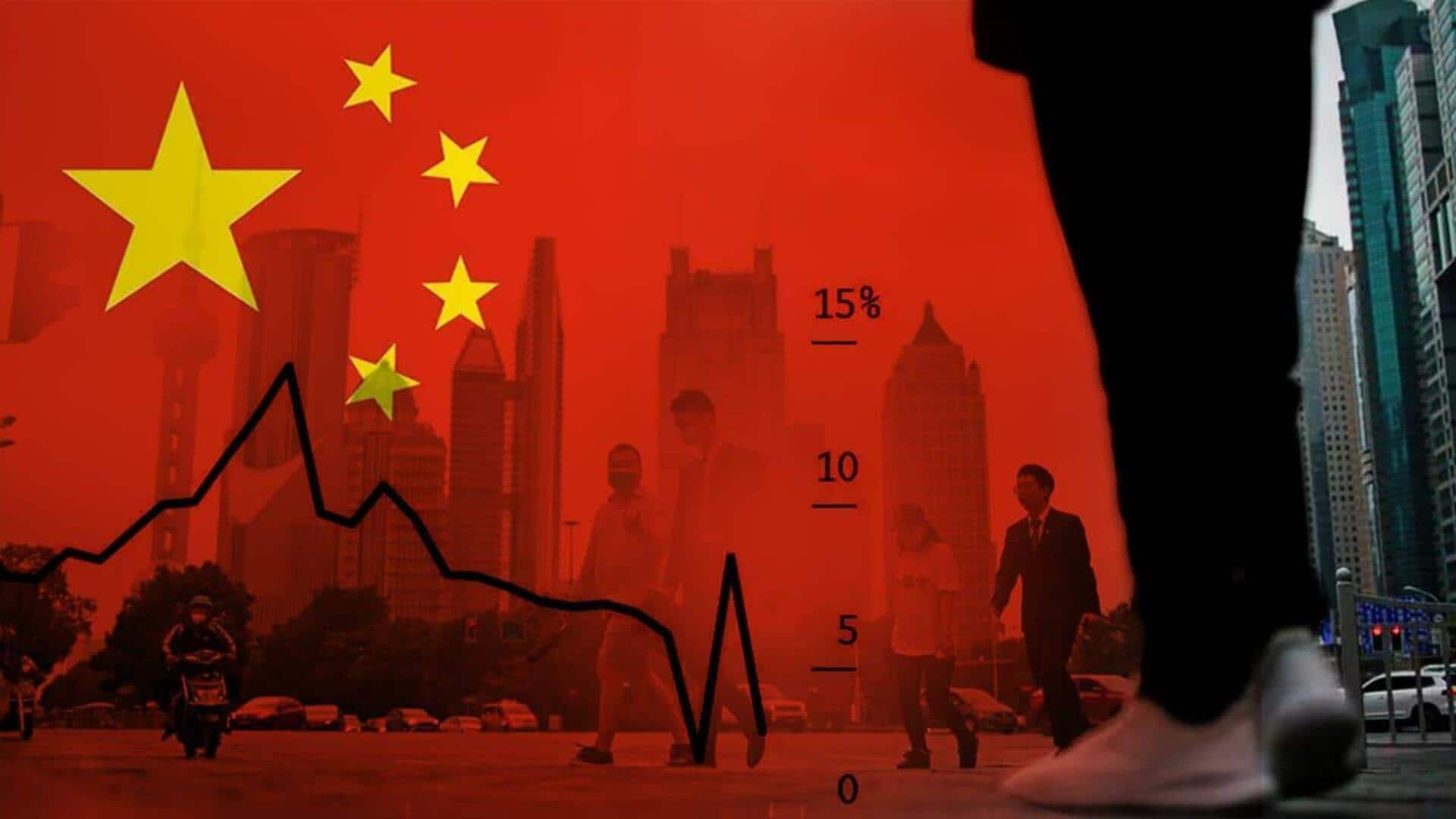
How near-zero inflation is affecting world's second-largest economy
What's the story
China's consumer inflation has nearly hit zero, marking the fourth month of deceleration. The development challenges the government's efforts to boost demand through economic incentives. The consumer price index rose only 0.1% from last year, the National Bureau of Statistics said, matching economists' median forecast surveyed by Bloomberg.
Deflation trend
Factory deflation persists for 27 months
Factory deflation in China has persisted for a record 27 months. However, the producer price index fell at a slower pace of 2.3% than November. This continued deflationary pressure is in stark contrast to other major economies where inflation risks are rising, US Federal Reserve officials and euro-area price growth last month noted.
Economic impact
Deflationary cycle could impact household spending
The continuing deflationary cycle in China could limit household spending and hurt corporate revenues. This could dissuade investment, resulting in more salary cuts and job losses. "A soft outlook for household demand is the driving force behind our expectation for a near-absence of inflation in 2025," Toronto-Dominion Bank senior economist Andrew Hencic said earlier this week.
Risk assessment
Deflationary trap could lead to economic weakness
Hencic also warned about the risk of a deflationary trap, where falling prices could create a cycle of delayed demand, increased savings, and further economic weakness. Chinese officials led by President Xi Jinping have responded to the situation by prioritizing boosting consumption and domestic demand this year. They plan to use increased public borrowing and spending as well as monetary easing to stimulate growth in 2025.
Recovery challenges
Economists predict prolonged battle for economic recovery
Despite these measures, economists such as Robin Xing of Morgan Stanley predict that the Chinese government will continue to face a long-term struggle to reflate the economy and shift sentiment. This forecast indicates that China's economic recovery from its current deflationary state may prove to be more difficult and time-consuming than previously expected.